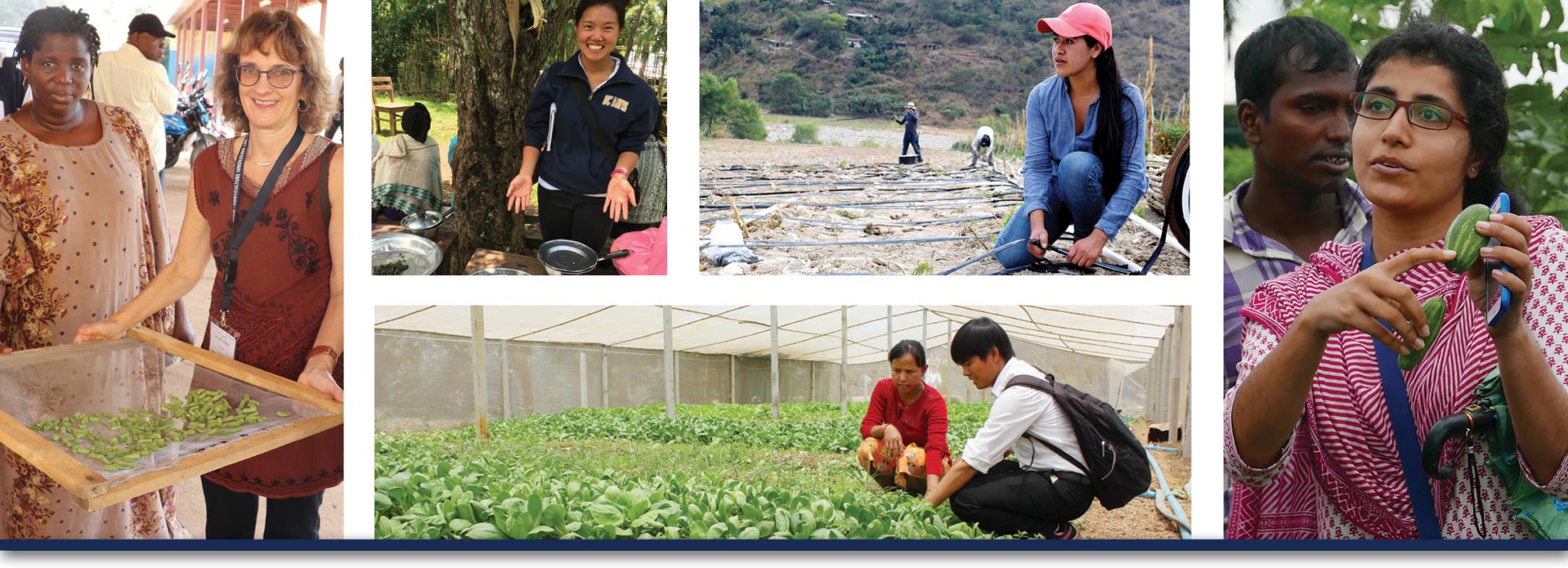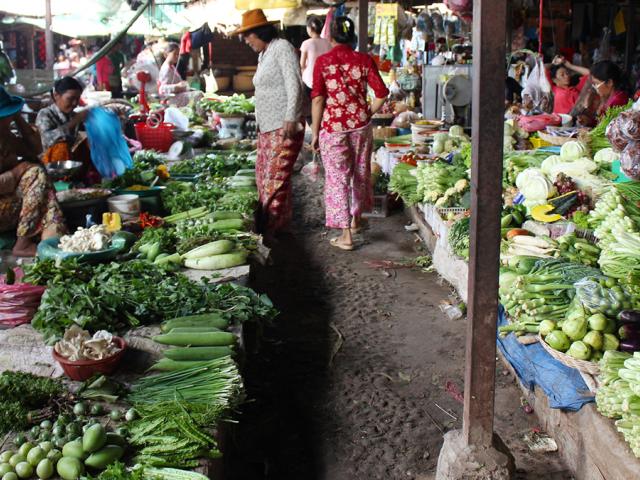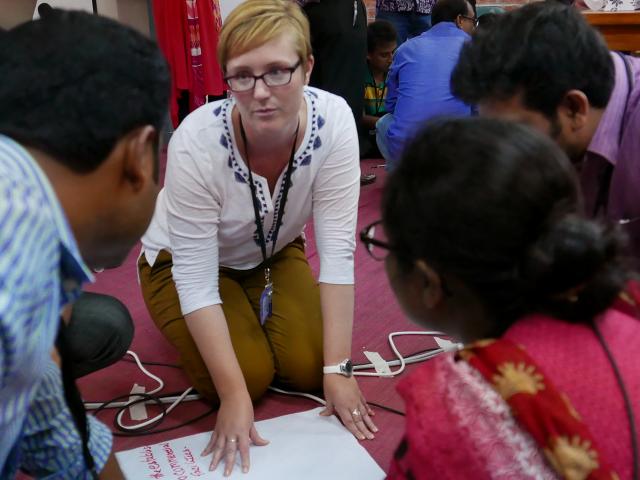
Celebrating 10 years of the Horticulture Innovation Lab
When: 5–8 p.m., Friday, Sept. 20 (Remarks begin at 6 p.m.)
Where: UC Davis Mondavi Center, Grand Tier Lobby (2nd floor)
Join the Horticulture Innovation Lab to celebrate 10 years of fruit and vegetable research around the world.
A reception will begin at 5 p.m. on the second floor of the UC Davis Mondavi Center.
Brief remarks will begin at 6 p.m., with speakers:
- Ermias Kebreab, Associate Dean, UC Davis College of Agricultural and Environmental Sciences
- James Hill, Associate Dean Emeritus, UC Davis College of Agricultural and Environmental Sciences
- Elizabeth Mitcham, Director, Horticulture Innovation Lab and Postharvest Specialist in the UC Davis Department of Plant Sciences
- George Wilson, Board Member, Horticulture Innovation Lab and Professor Emeritus at North Carolina State University
Appetizers will be served, and a cash bar will be available. All are welcome, though space is limited so RSVPs are requested.
Please RSVP as space is limited.
More about the Horticulture Innovation Lab
Fruit and vegetable innovations empower smallholder farmers to earn more income while better nourishing their communities, through the combined benefits of high-value, nutritious crops. The Horticulture Innovation Lab’s global network of researchers has grown and strengthened over the years, with scientists collaborating from more than 18 U.S. universities and more than 200 organizations globally in Africa, Asia and Central America.
In the program’s first 9 years, these teams not only developed new research-based solutions but also trained more than 50,000 individuals, including 18,000 farmers who improved how they grow, process or sell horticultural crops – by adopting new practices or technologies.
The Horticulture Innovation Lab has been led by UC Davis since its inception as “Hort CRSP” in 2009. The U.S. Agency for International Development provided funding for the program as part of the U.S. government’s global Feed the Future initiative.


